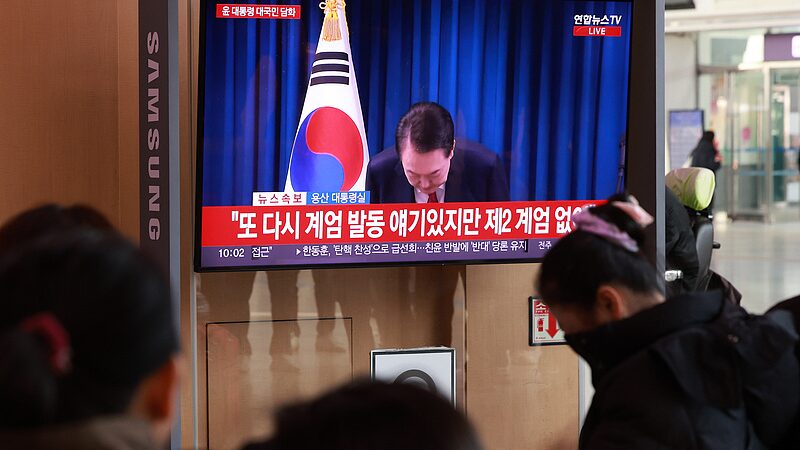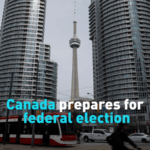Canada's ruling Liberal Party is projected to retain power following Monday's closely watched election, although uncertainty remains over whether they will secure a majority government. The final result hinges on British Columbia, where delayed vote counts are expected to influence the political landscape. While the election unfolds thousands of miles from Asia, its implications are being analyzed by businesses, investors, and communities with ties to the region.
Asia-Pacific markets are monitoring the outcome for potential shifts in Canada’s trade policies, particularly regarding energy exports and technology partnerships. Canada is a key supplier of natural resources to economies like China, Japan, and South Korea, and stability in Ottawa could reassure regional investors. Meanwhile, Canada’s significant Asian diaspora—nearly 20% of its population—has played a pivotal role in shaping electoral outcomes, reflecting growing cross-Pacific cultural and economic ties.
Academics note that Canada’s approach to climate policy and digital infrastructure under Prime Minister Justin Trudeau may align with sustainability goals prioritized by Asian nations. However, lingering questions about U.S.-China tensions and their impact on Canada’s diplomatic stance remain a focal point for analysts.
As travelers await updates on entry protocols and students eye educational exchanges, the election outcome underscores how domestic politics in one nation ripple across a globally connected Asia.
Reference(s):
cgtn.com




